
EU accuses Facebook of providing misleading information about WhatsApp acquisition
The European Commission could hit Facebook with a colossal fine for providing misleading information during its $19bn takeover of WhatsApp.
The social networking giant could be hit with a fine equivalent to 1 percent of annual sales (around $125m) for failing to correctly communicate planned changes to privacy policies. The data sharing between WhatsApp and Facebook is already the subject of investigations, but this latest accusation comes as a fresh blow.
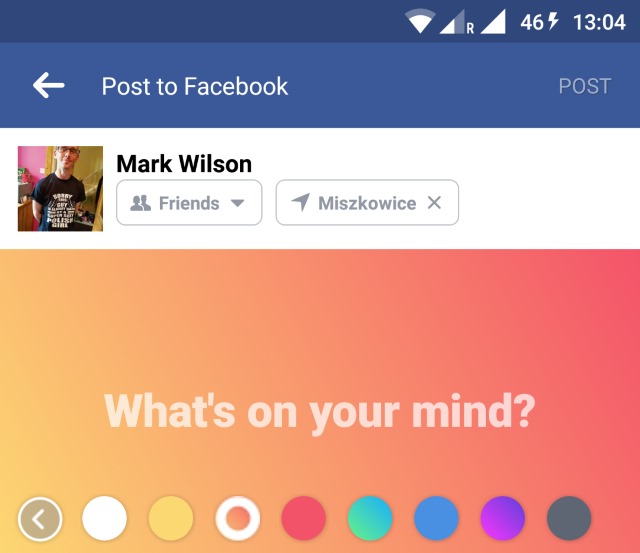
Facebook brings colored backgrounds to statuses
After "the most requested Messenger feature ever" yesterday -- Group Video Chat -- Facebook now has another update.
This time around the social network is allowing users to change the background color of status updates. Before you get too excited, however, there are limitations aplenty to bear in mind.
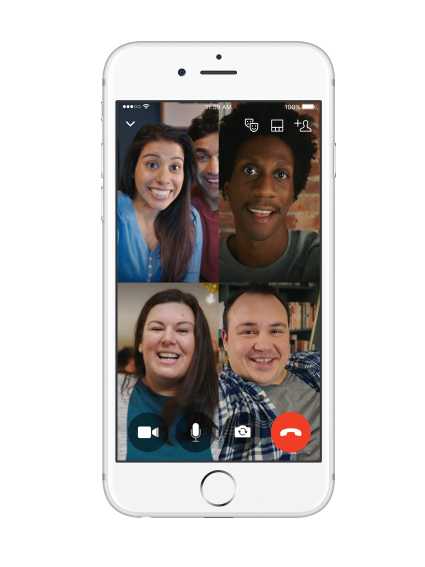
Facebook introduces Group Video Chat in Messenger
Facebook has been adding all sorts of features to its chat app recently, including classic arcade games, and a new camera with art and 3D effects.
Today, the social networking giant introduces the ability to video chat in groups, which it describes as the most requested Messenger feature ever.
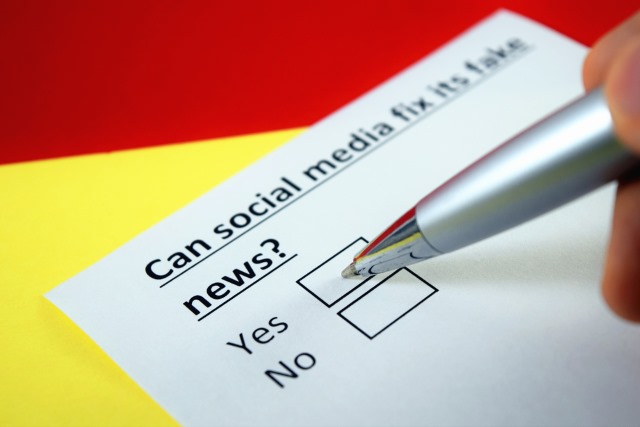
Facebook reveals what it is doing to tackle fake news
The issue of fake news has been in the headlines a lot recently, and it is Facebook that has borne the brunt of criticism. The social network is in the throes of revamping news feeds in a bid to help stamp out the problem. But Facebook is aware that fake news is not going to be eliminated overnight, and so is focusing on "the worst of the worst".
Today, the company sheds a little light on the work it has undertaken, and what is still being done to help stem the flow of fakery. The initial targets are "the clear hoaxes spread by spammers for their own gain", but this is just the beginning.
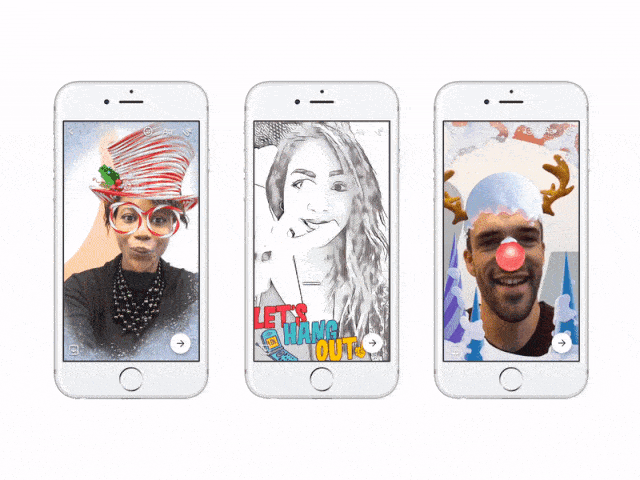
Facebook Messenger gains a powerful new camera with art and 3D effects
Facebook Messenger doesn’t just let you chat with friends, you can also use it to play games.
Today, the chat app introduces a faster, and easier to use camera that will let you spice up your conversations, and capture and share moments as they happen. There’s more to it than just that, though.
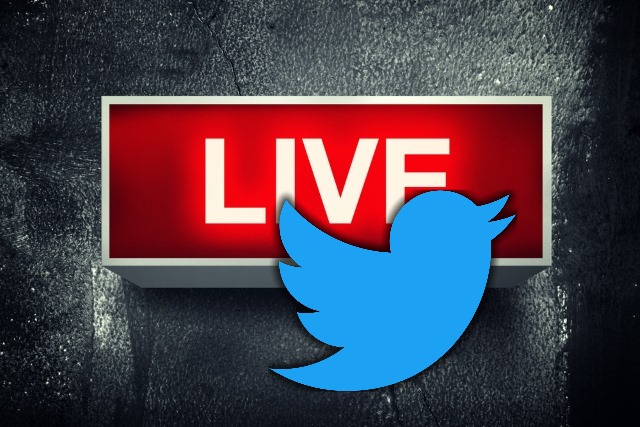
Twitter apes Facebook and brings live video streaming to its mobile apps
Twitter is rolling out a new feature to iOS and Android users that enables users to broadcast live video from within the app. If this sounds rather familiar, it's because it's a feature copied from Facebook -- and something that is already offered by Twitter-owned Periscope.
But live video broadcasting on Twitter is not replacing Periscope, it is powered by Periscope. By moving live video direct into the app, Twitter acknowledges the importance that users place on the feature, something which has been proven by the popularity of Facebook Live videos.

Facebook launches Parents Portal to help keep kids safe online
Facebook is on something of a mission to clean up its act, or at least its image, at the moment. The social network is looking to tackle the problems of trolls, bullying and fake news, and its latest campaign is a bid to keep younger users safe.
The minimum age for using Facebook is 13, but this still means that there are some young, naïve and impressionable users out there. With its newly launched Parents Portal, Facebook is looking to arm parents with the information they need to educate their kids about staying safe.

Facebook reveals the biggest trending topics and Live videos of 2016
We're nearing the end of the year, so expect to be inundated with retrospectives for 2016 -- Facebook has just released its look back at the year that's (nearly) gone by.
The social network's review of 2016 comprises two top 10 lists: the most popular trending topics of the year, and the most popular Live videos of the year. It should come as no surprise that the trending topics list is dominated by major political events such as the US election and Brexit, as well as celebrity deaths.
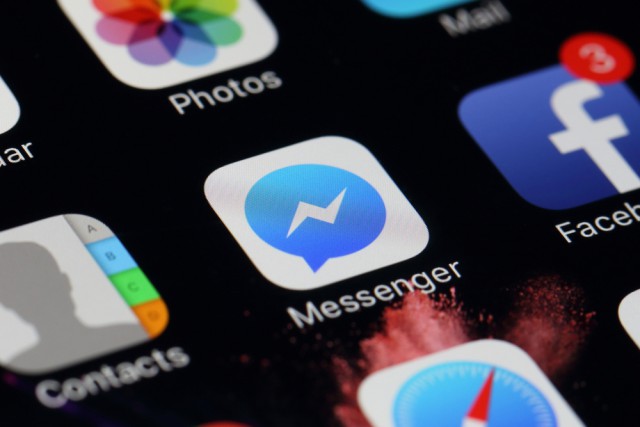
Facebook granted European license for electronic payments in Messenger
Payments through Facebook Messenger have been available in the US for some time now, and they're about to make their way to Europe.
Facebook has just been granted a license for 'payment services' and 'e-money issuance' with the Central Bank of Ireland. As a member of the European Union, holding a license in Ireland means that Facebook will be able to offer its payment services in all of the EU member states.

Junk food ads targeting children to be banned online
Advertisements for junk food that are aimed at children are to be banned from non-broadcast media, including online. The Committee on Advertising Practice (CAP) announced the measures, which will affect advertisers in the UK, as the government tries to tackle childhood obesity.
The ban means that foods high in fat, salt and sugar cannot be advertised on social media, YouTube channels and gaming websites in ways that will specifically appeal to children.

Google, Facebook, Microsoft, and Twitter join forces to fight terrorism
Terrorism is a daily threat to our freedoms. It is unfortunate, as we used to be able to go throughout our days without the thought of violence. Now, it dominates the news. Heck, when I am in Penn Station in NYC, I see soldiers with machine guns. Sigh.
Unfortunately, terrorists thrive on the internet too. Using social media and video platforms like YouTube, these evil-doers look to recruit new members while sharing propaganda. Today, Google announces that it is partnering with some major players -- Facebook, Microsoft, and Twitter -- to fight online terrorism with a special database. The partners will look to protect user privacy in the process.

Facebook offers a $20 million sweetener to improve Silicon Valley communities
Mark Zuckerberg is well known for his philanthropic ventures -- he hardly keeps them quiet, after all. Now Facebook as a whole is getting in on the action, offering up a $20 million contribution to help improve the communities around Silicon Valley and the Bay Area.
It could be argued that the financial offering is not entirely selfless, but this will probably be of little concern to those who stand to benefit from a number of projects that will focus on building affordable housing, STEM training in the area, and legal support for those in need.

How to stop Facebook eating through your mobile data allowance
If you have an unlimited mobile data plan -- or a very generous one at least -- then you don’t have to worry about apps going crazy, and gobbling up data when you’re out and about.
If, however, you’re on a more limited plan, you probably want to save data where you can. Facebook is one of the worst apps for consuming data rather unnecessarily, but you can rein it in.

Facebook is monitoring Roku and Apple TV streams to deliver targeted advertising
Internet users are accustomed to the idea of targeted advertising. Both Google and Facebook take into account the things you look for online, the things you look at, the people you are connected to, and so on, and use this information to pelt you with ads they think you will respond to.
Having been forced to stop using data gathered from WhatsApp to deliver targeted ads to social network users, you might think that Facebook would consider toning down its ad personalization. But you would be wrong. For the last few weeks, Facebook has been testing the delivery of targeted ads to Roku and Apple TV based on what people are watching.
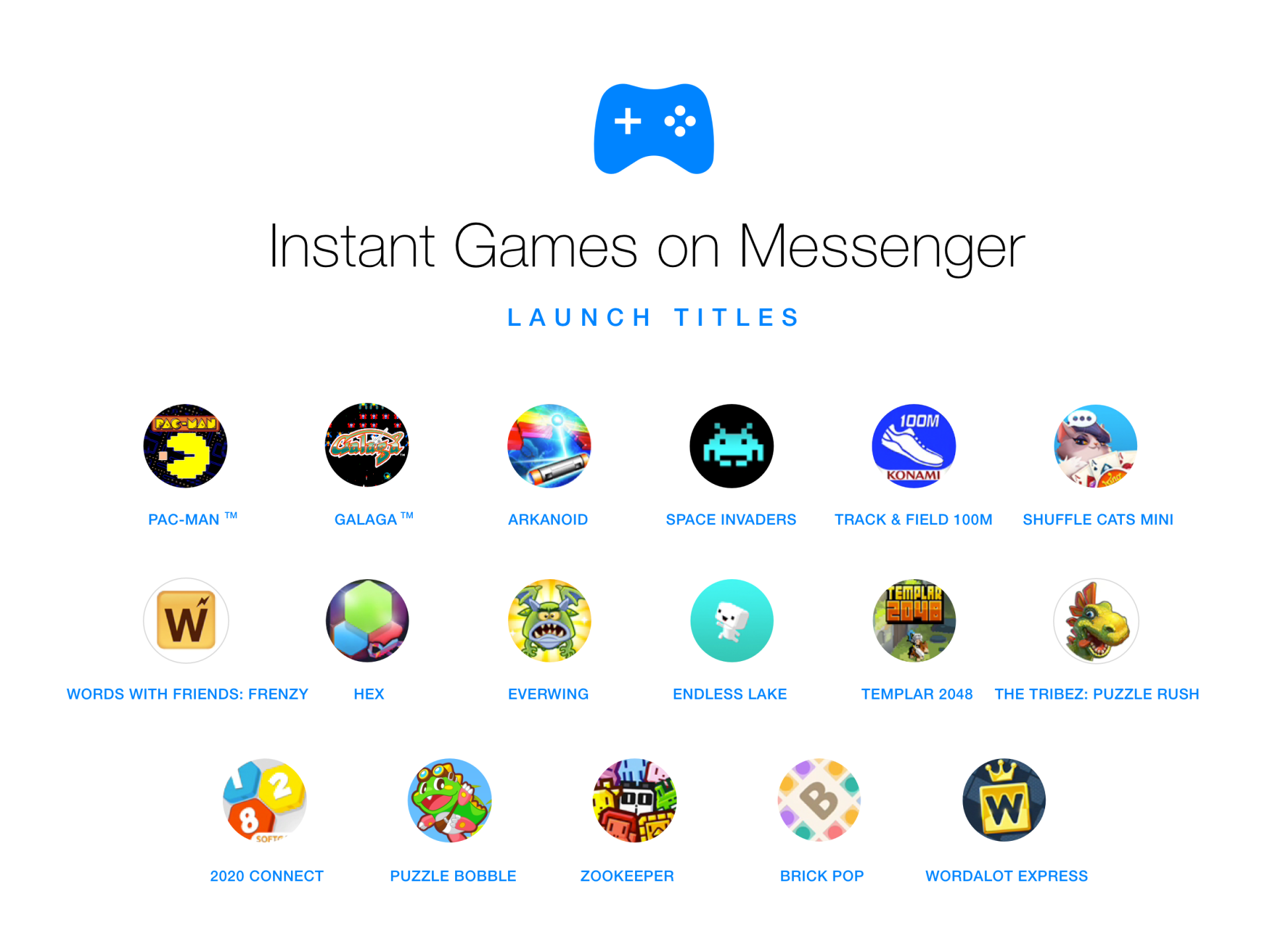
You can now play classic arcade games in Facebook Messenger -- Here's how
https://www.facebook.com/messenger/videos/1125491070903905/
You’ve been able to play basic games in Facebook Messenger for a while -- things like chess, soccer and basketball -- but from now you’ll be able to play classic arcade games too.
